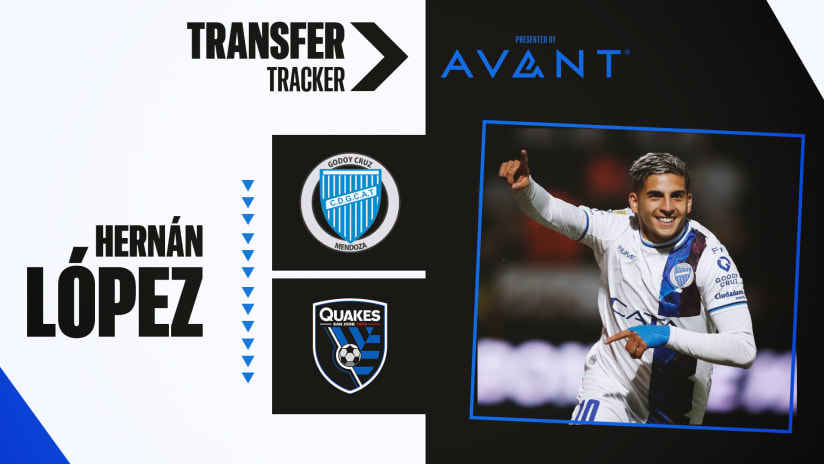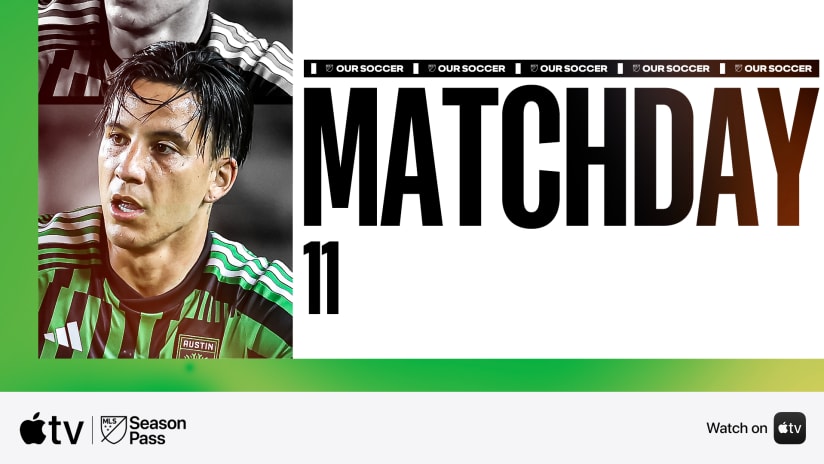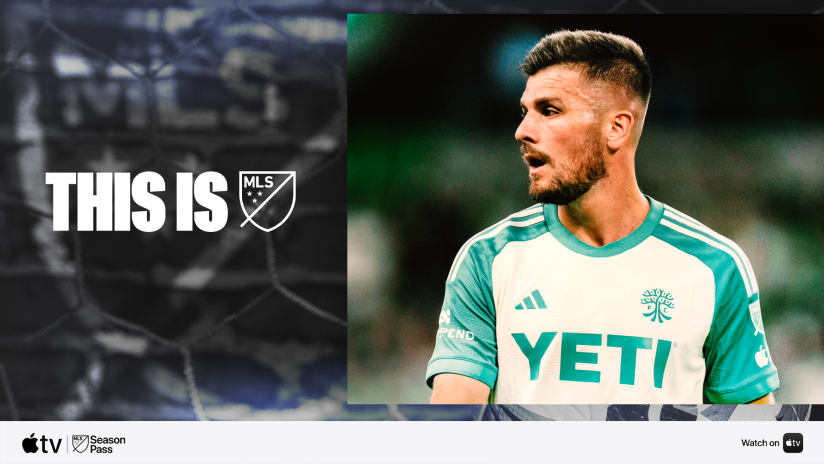as it prepares for the Olympic qualifying (the qualifiers are expected to be held in February). The annual Four Nations Cup also is scheduled for China in January.
Sundhage scouted for the U.S. at the 2004 Summer Olympics in Athens and guided the Boston Breakers to a first-place finish in the old Women's United Soccer Association in 2003.
"In an ideal world, if everything was equal, I'd prefer to have a woman be our national team coach," Gulati said. "If everything was equal, I'd prefer to have someone who was fit for the U.S. game for 30 years, as well. But rarely are things always equal and so, in that case, we picked absolutely the best person in that Pia has both played the game and coached the game at a high level and has been very successful at it, which is more important than gender. That we've been able to hire a woman to lead the program is a big plus."
She sounded like she was ready to coach the team already.
"In order to be successful, you need passion, inspiration, and like to be challenged," Sundhage said. "I know that I have a passion for the game. I will inspire the players and the coaching staff and I love the challenge. That's why I love to be here, again, it is a great chance for me, a great opportunity and I will do my very, very best."
The all-time leading international goal-scorer Sweden women's history (71 times in 146 games), Sundhage interviewed for the U.S. women's position in 2005 during the tenure of U.S. Soccer president Dr. Bob Contiguglia, who picked Ryan instead.
Gulati was head of the search committee this time, which included U.S. Soccer Federation general secretary Dan Flynn, former U.S. women's superstar Mia Hamm.
Ryan sealed his fate as coach when, in a controversial move, he decided to replace regular goalkeeper Hope Solo with veteran Briana Scurry for the semifinal match with Brazil. The Brazilians rolled to a 4-0 triumph over the U.S. Solo compounded the controversy by criticizing Ryan and Scurry in the media. She was banned from the team for the rest of the tournament, although she later apologized.
"Coaching is about communication," Sundhage said. "Of course, we will respect each other. Hope is a good goalkeeper and we have to move on. It's important that everybody feels that the team is important and you treat every individual with respect. If I could communicate, I'm good at that, and I think that will be no problem. You talk to people, be yourself and sort it out. Hope is a good goalkeeper and that's a good start."
Former U.S. women's national coach Tony DiCicco, who guided the U.S. to an Olympic gold medal (1996) and a world championship (1999), was among the finalists for the position.











